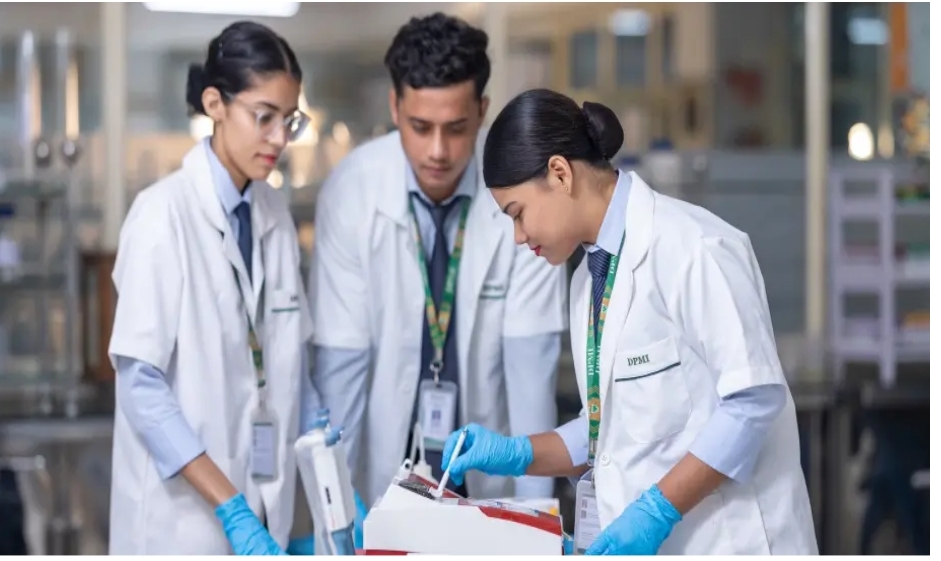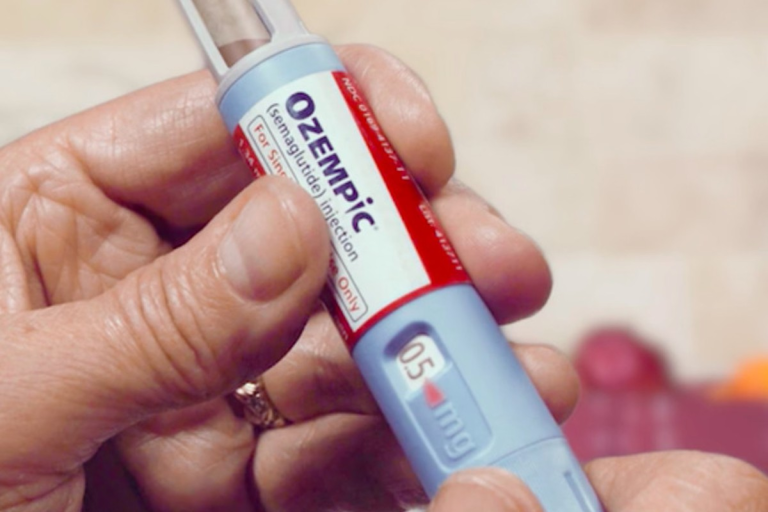Importance Of Lab Technologists In Modern Healthcare

Lab technologists are trained professionals who perform critical diagnostic tests on blood, urine, tissue, and other samples. Their work leads to accurate medical decision-making, as they provide the results that help doctors confirm or rule out conditions. From routine tests like blood counts to highly specialized genetic screenings, they handle a wide variety of analyses.
Role In Accurate Diagnosis
An accurate diagnosis depends heavily on laboratory results. For example, detecting infections, identifying cancers, or assessing organ function requires precise testing handled by lab technologists. They ensure that the samples are processed correctly and results are interpreted accurately before being shared with physicians. In many cases, lab technologists double-check abnormalities or perform repeat testing to avoid errors. Their attention to detail plays a direct role in reducing misdiagnosis rates and improving overall patient outcomes.
Supporting Physicians And Specialists
Doctors often rely on lab technologists to provide detailed reports that guide treatment plans. While the physician meets the patient, the technologist works behind the scenes to generate reliable data. Specialists such as cardiologists, oncologists, and endocrinologists all require these reports to personalize care. This collaborative relationship ensures that decisions are evidence-based rather than assumption-driven.
Contribution To Disease Prevention And Screening
Lab technologists are not only involved in treatment but also in prevention. Routine screenings such as cholesterol levels, blood sugar, or pap smears are performed in labs, and these early checks allow doctors to identify risk factors before conditions escalate. Public health initiatives like vaccination drives or outbreak monitoring also rely on laboratory support. Technologists play a central role in spotting early warning signs, thereby helping communities reduce disease burdens through preventive measures.
Importance In Emergency And Critical Care
In emergency situations, lab technologists are vital for quick turnarounds. For example, when a patient is admitted with a suspected heart attack, rapid blood enzyme tests provide crucial information for immediate intervention. In critical care units, technologists run constant checks on electrolytes, blood gases, and other parameters that guide urgent treatment.
Use Of Advanced Technology And Automation
Modern laboratories are highly advanced and equipped with automated machines and digital systems. Lab technologists operate and maintain this technology, ensuring it functions correctly and efficiently. Automation allows faster processing of large sample volumes, but human expertise is still necessary to interpret complex or unusual results. Technologists adapt to evolving tools such as molecular diagnostics, next-generation sequencing, and artificial intelligence-driven analysis, keeping healthcare aligned with scientific progress.
Role In Research And Development
Beyond diagnostics, lab technologists contribute to research projects that shape the future of medicine. Clinical trials, drug development, and vaccine testing depend heavily on laboratory work. Technologists ensure that data collection is accurate and reproducible, which is essential for scientific credibility. Many advancements in cancer therapy, infectious disease management, and genetic testing have roots in careful lab-based studies.
Hyderabad has become one of India’s centers for medical education and laboratory sciences, offering strong academic programs and healthcare infrastructure. The city gets students and professionals who want exposure to modern lab technologies, research opportunities, and experienced faculty. For those considering a career in this field, pursuing a Bvoc MLT course in Hyderabad can provide a balance of practical training and theoretical knowledge.
Challenges Faced By Lab Technologists
While their role is crucial, lab technologists often face challenges such as long working hours, high-stress environments, and limited public recognition. Errors in sample collection, delays in processing, or machine malfunctions can add to their workload. Continuous professional development is necessary to keep up with rapid advancements in diagnostic methods, which requires time and resources.




